Many pet owners may be surprised to learn that cats do pass gas. It may not be a topic for polite dinner conversation, but it is a crucial topic if you have a feline companion. It can provide insight into your cats’ health and alert you to medical issues.
Knowing the causes behind your cat’s farts can help you manage potential problems. So what are the most common reasons for flatulence in cats? Let’s take a closer look in this article.
Why Does My Siamese Cat Fart a Lot?
1. Flatulence in Siamese cats is caused by dietary changes in most cases.
Siamese cats have sensitive digestive systems. They can be easily upset by even slight changes in diet. Even offering new treats could cause stomach distress and increase gaseous emissions.
2. Intestinal parasites can contribute to feline farting. Common signs your pet has developed an intestinal parasite infection include:
These signs should be discussed with your vet as soon as possible.
3. Stressful situations can make cats feel gassy. Your cat may show stress due to changes within your household structure (e.g., a new pet or family member).
Introduce calming activities like puzzle feeders or interactive toys into his daily routine.
4. Microbial imbalance (small intestinal bacterial overgrowth or SIBO)
SIBO is an abnormal amount of bacteria present in the small intestine.
The small intestine is home to billions of bacteria that play an essential role in digestion. These bacteria exist in balance with one another in healthy cats. However, it can result in an overgrowth of certain types of bacteria if this balance is disturbed.
As a result, your cat may experience symptoms such as:
Vets conduct blood work and bacterial cultures to determine the underlying cause. The vet may opt for an invasive procedure like an endoscopy if more information is needed to diagnose accurately.
Treatment for SIBO involves dietary modification and antibiotics
to help reduce the number of bacteria in the intestines.
5. Inflammatory Bowel Disease (IBD)
IBD is a chronic gastrointestinal condition in cats, characterized by digestive tract inflammation. The exact cause of IBD in cats
remains unknown, but several possible contributing factors exist.
Stressors such as changes in diet or lifestyle can trigger it. Certain viral or bacterial infections may also be a factor.
The signs and symptoms of IBD vary depending on the severity of the inflammation. Common signs include:
Treatment varies depending on the underlying cause. It often includes medications to reduce inflammation. Diet changes may also be recommended to reduce food intolerances.
6. Malabsorption
Malabsorption in cats is a condition that occurs when the small intestine fails to absorb essential nutrients. This can lead to digestion issues that can produce foul-smelling gas. This condition can lead to poor body condition, vomiting, or diarrhea.
Bring your cat for an evaluation to determine if your cat’s flatulence
is caused by malabsorption. Your vet may recommend diagnostic tests such as complete blood work and urinalysis.
Your vet may also suggest changes in your cat’s diet to help reduce nutrient deficiencies.
7. Food allergies or intolerances
Cats can develop food intolerances at any age. A cat with food allergies or intolerances experiences vomiting, diarrhea, or flatulence. They may experience other symptoms like itchiness or bald patches of skin due to excessive scratching or licking.
Is a Cat’s Fart Smelly?
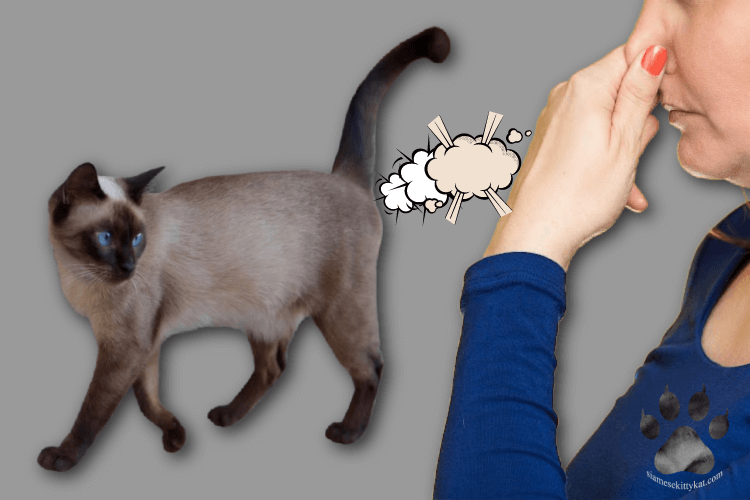
Cats don’t have very strong-smelling flatulence. In fact, most cats’ farts are odorless and can easily go unnoticed by humans.
However, cats may occasionally experience potent and smelly flatulence like humans. This can be caused by different factors, ranging from dietary changes to digestive health issues.
The smell of a cat’s fart can vary depending on what is causing it. There is strong flatulence if a cat has new food or treats and their body is not used to digesting these items.
Additionally, certain health conditions like Inflammatory Bowel Disease (IBD) cause a foul odor. Excess bacteria in the intestines can also cause gases with a nasty smell.
How Often Does a Cat Fart?
Cats can fart one to two times per day. However, diet and health conditions affect how often your cat produces unpleasant odors.
Does Wet Food Make Cats Gassy?
Some cats have more gas after eating wet food. However, this could be due to some factors unrelated to moisture content, such as
ingredients that don’t agree with the cat’s digestive system.
Various additives are also included in some wet diets. For instance, some brands add artificial flavors, causing digestive discomfort and increased flatulence.
The best way to minimize your cat’s excessive flatulence from wet
foods is to select high-quality options low in additives and fillers.
Choose formulas made with natural ingredients such as meats
instead of artificial flavors or grains. Look for formulas free from added starches or preservatives as well.
How Do You Treat Gas in Cats?
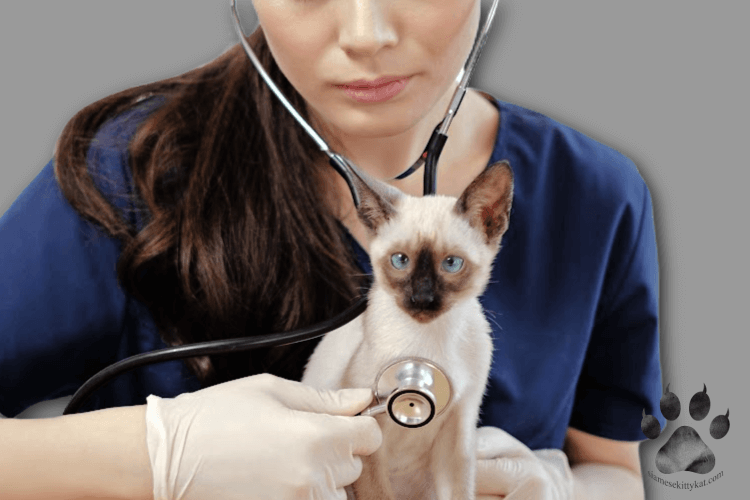
1. Visit your veterinarian
The first step should always be to take your cat to the vet if they’re exhibiting excessive gas. This will allow the vet to rule out health conditions that may be causing the issue. The vet may perform an intestinal parasite test to ensure there isn’t anything serious.
2. Make diet changes
Altering what your cat eats can help reduce episodes of gas. Certain foods, like legumes, may increase cats’ gas production. Try switching to a grain-free formula with limited plant ingredients.
Dairy products such as milk can be difficult for cats to digest. They lack an enzyme to break down the lactose found in milk products. You should avoid these types of food and high-fat items like fried foods or fatty meats.
You should also limit their intake of treats. These often contain too much sugar or fat, further disrupting digestion.
3. Adjusting portion size and feeding schedule
Many cats do best when given small meals throughout the day instead of one big meal once a day. This gives them smaller portions that are easier for their stomachs to break down.
4. Reduce stress levels
Cats who experience stress or anxiety could also suffer from increased gas. Provide your feline friend extra comfort items like beds, toys, or scratching posts.
5. Consider supplements
Probiotics help improve digestion and decrease smelly flatulence associated with poor gut health. Discuss options with your vet before administering any medication or supplement.
6. Provide plenty of exercise opportunities
Another way to reduce gas is by providing plenty of exercise opportunities for your cat. Playing with interactive toys will keep them entertained while burning off excess energy.
Cats do fart. It is not a topic many people often discuss, but pet owners should be aware of this normal phenomenon in cats.
Farts can indicate digestive health issues, such as changes in diet. You should consult your vet if your cat’s farts seem out of the ordinary or if combined with other symptoms.
Normal flatulence does not always smell bad, but some diets may cause more odorous farts. Dietary adjustments may reduce the smell and discomfort experienced by your cat. Certain supplements may also help to reduce the frequency or odor of their gas.
We gathered all the health tips tailored toward maintaining your Siamese cat’s optimal well-being. Check it out here: Siamese Cat Health: A Complete Guide

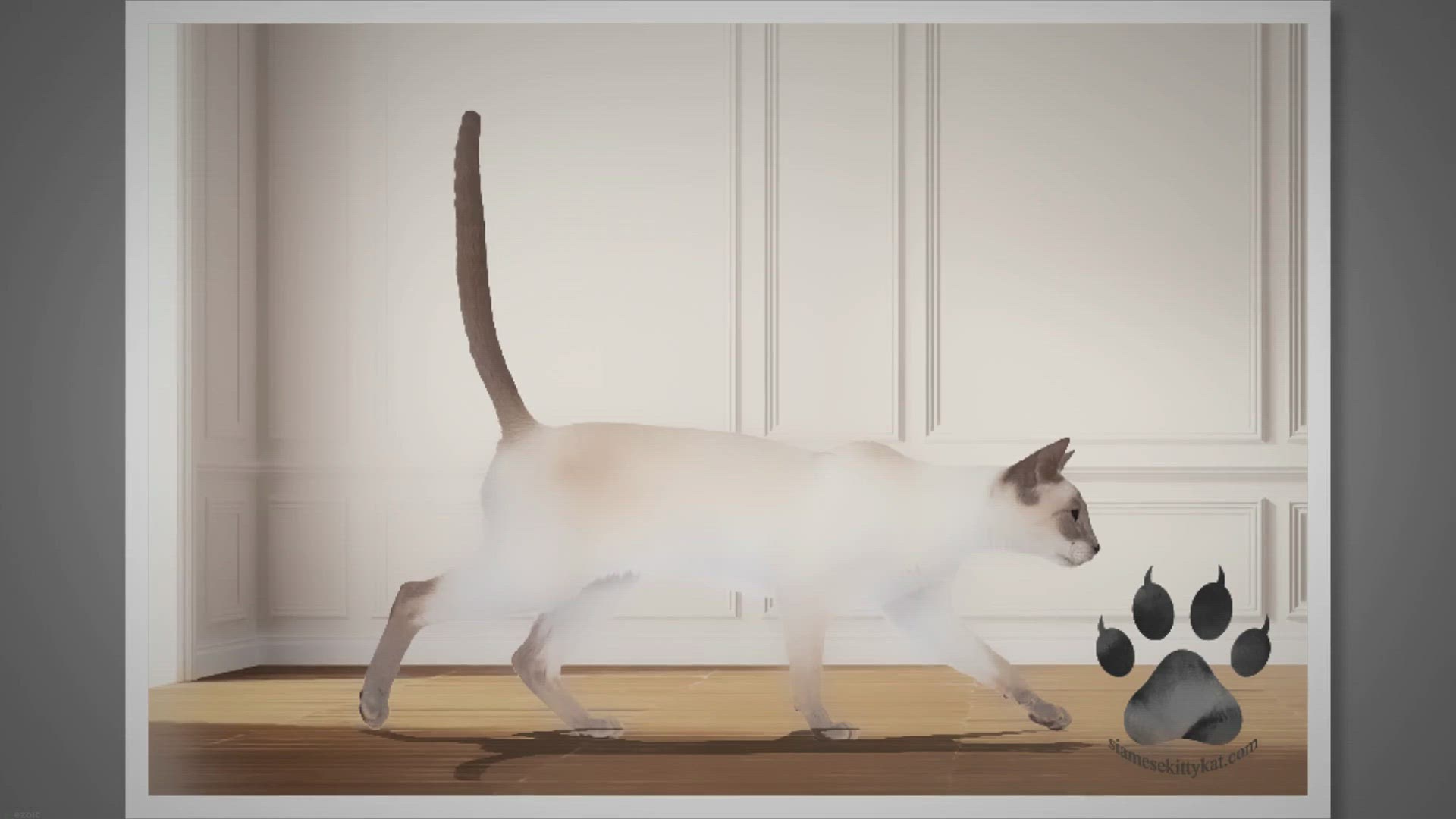

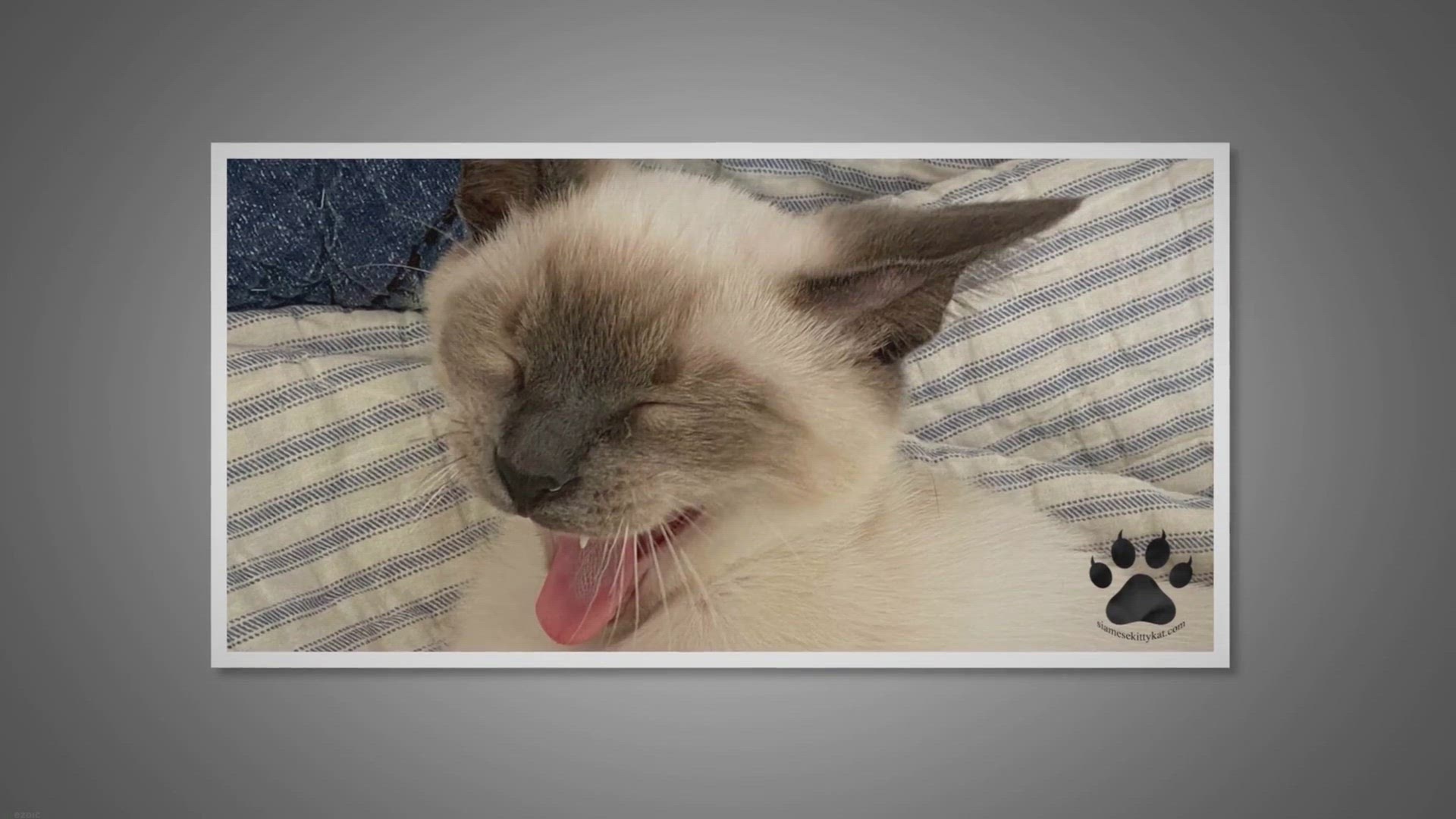
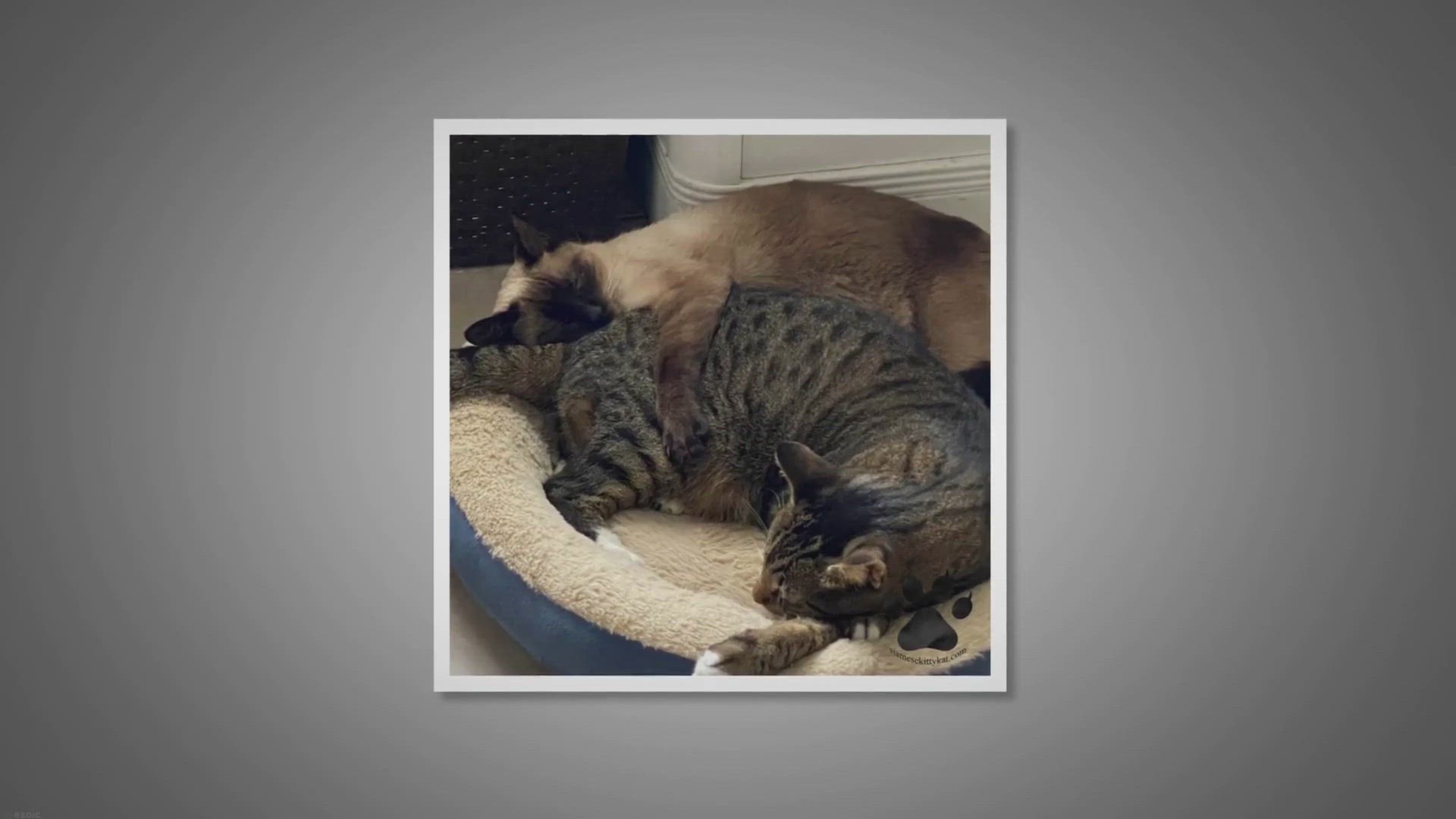
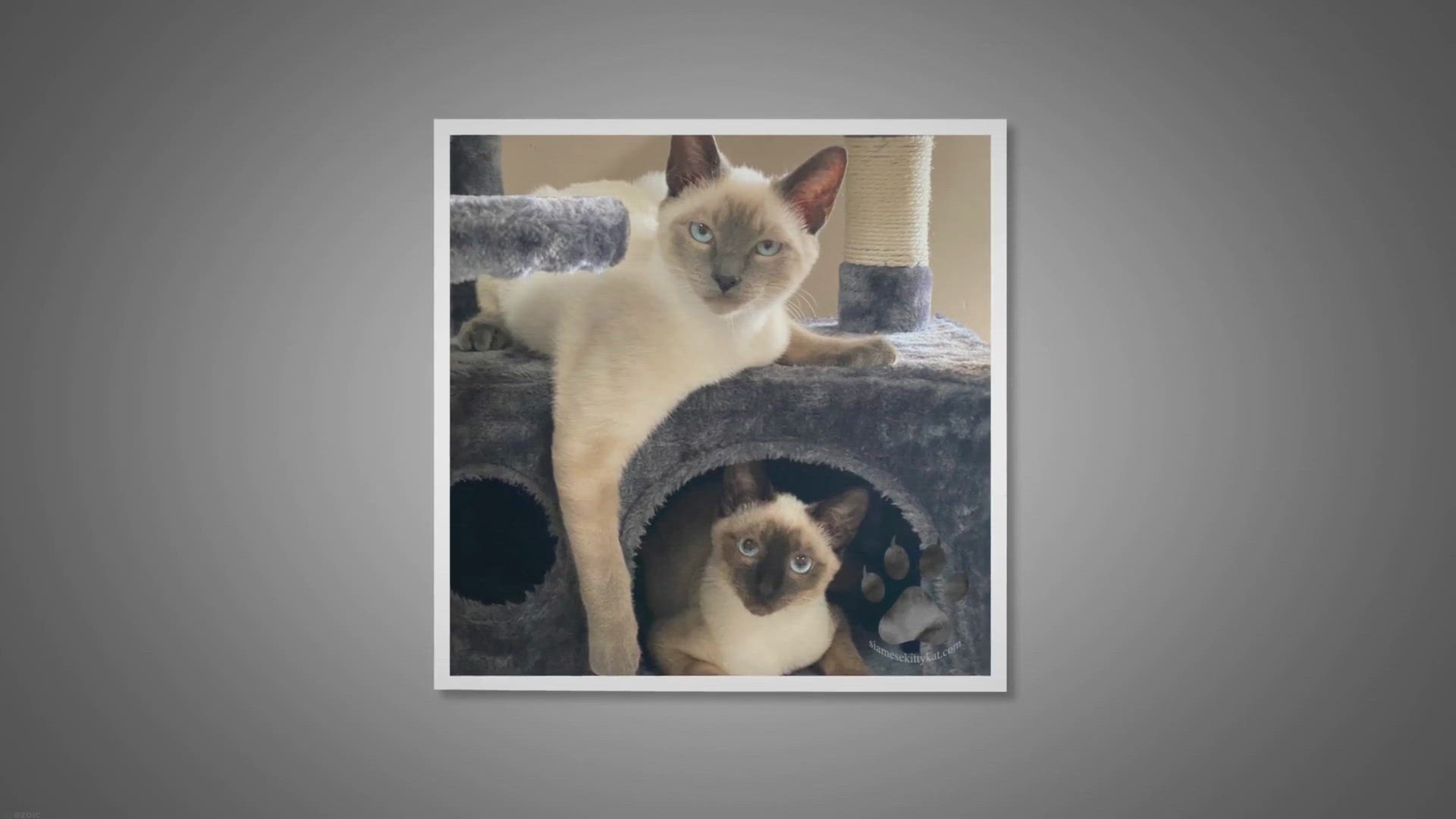
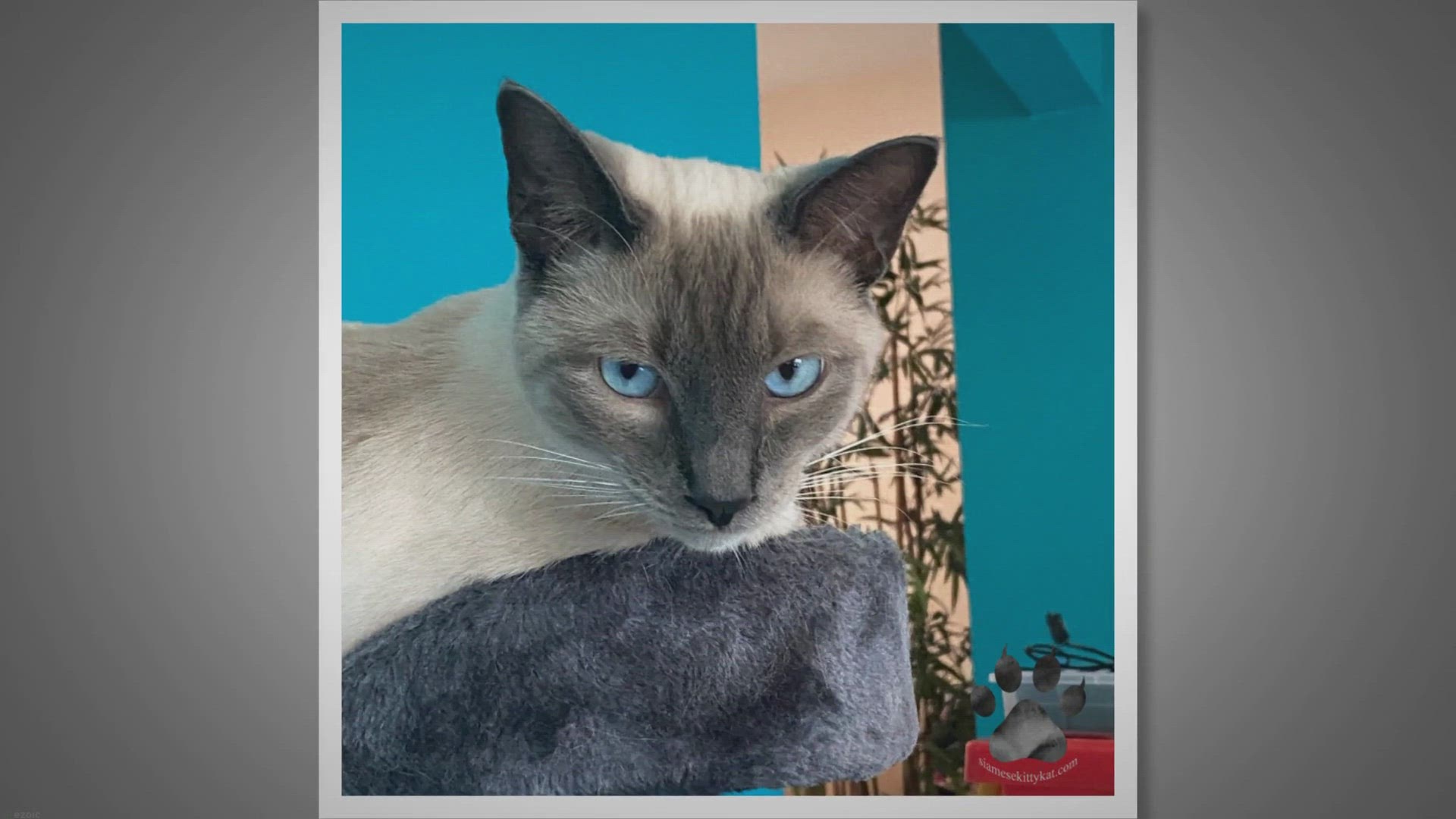
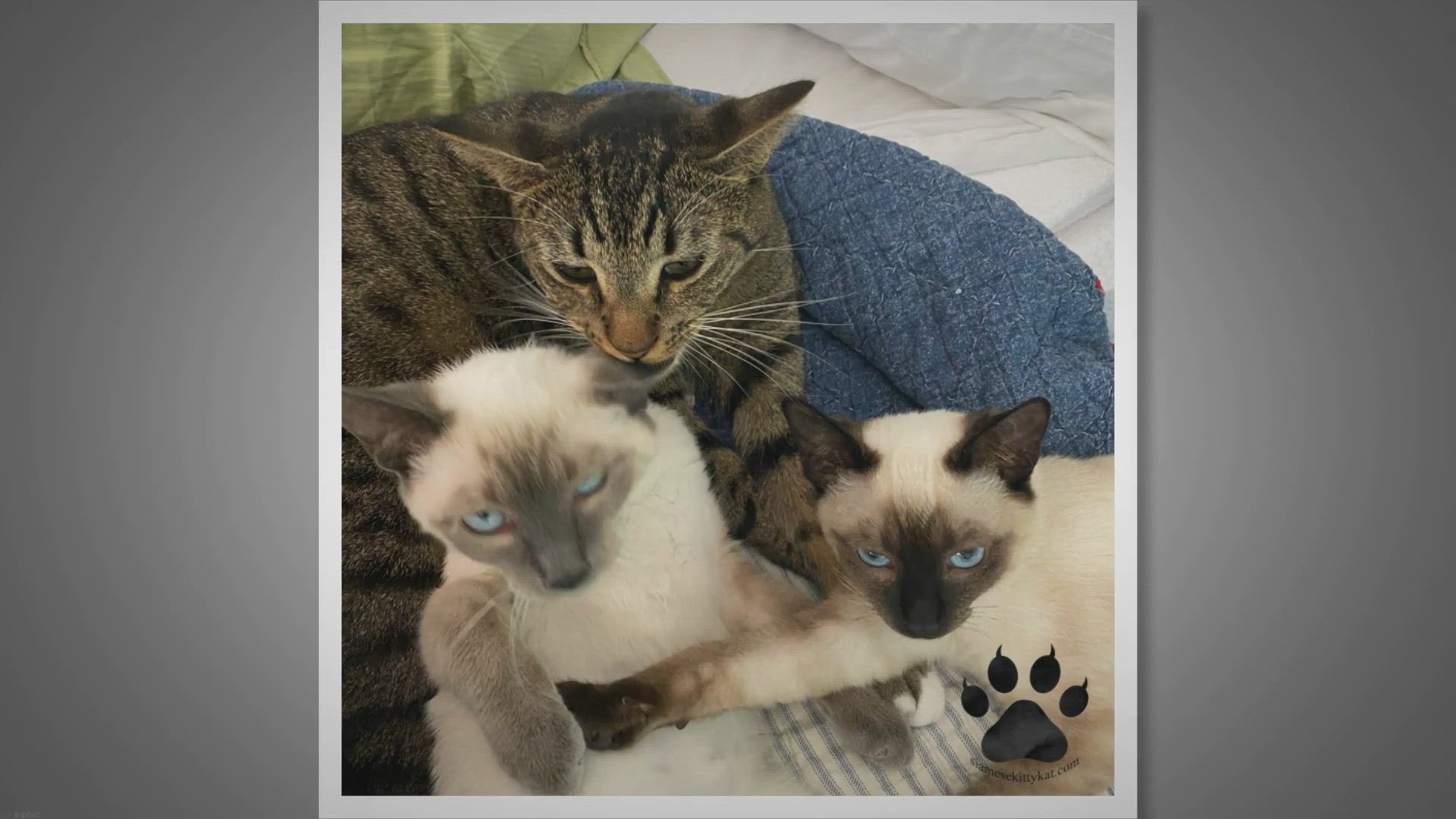
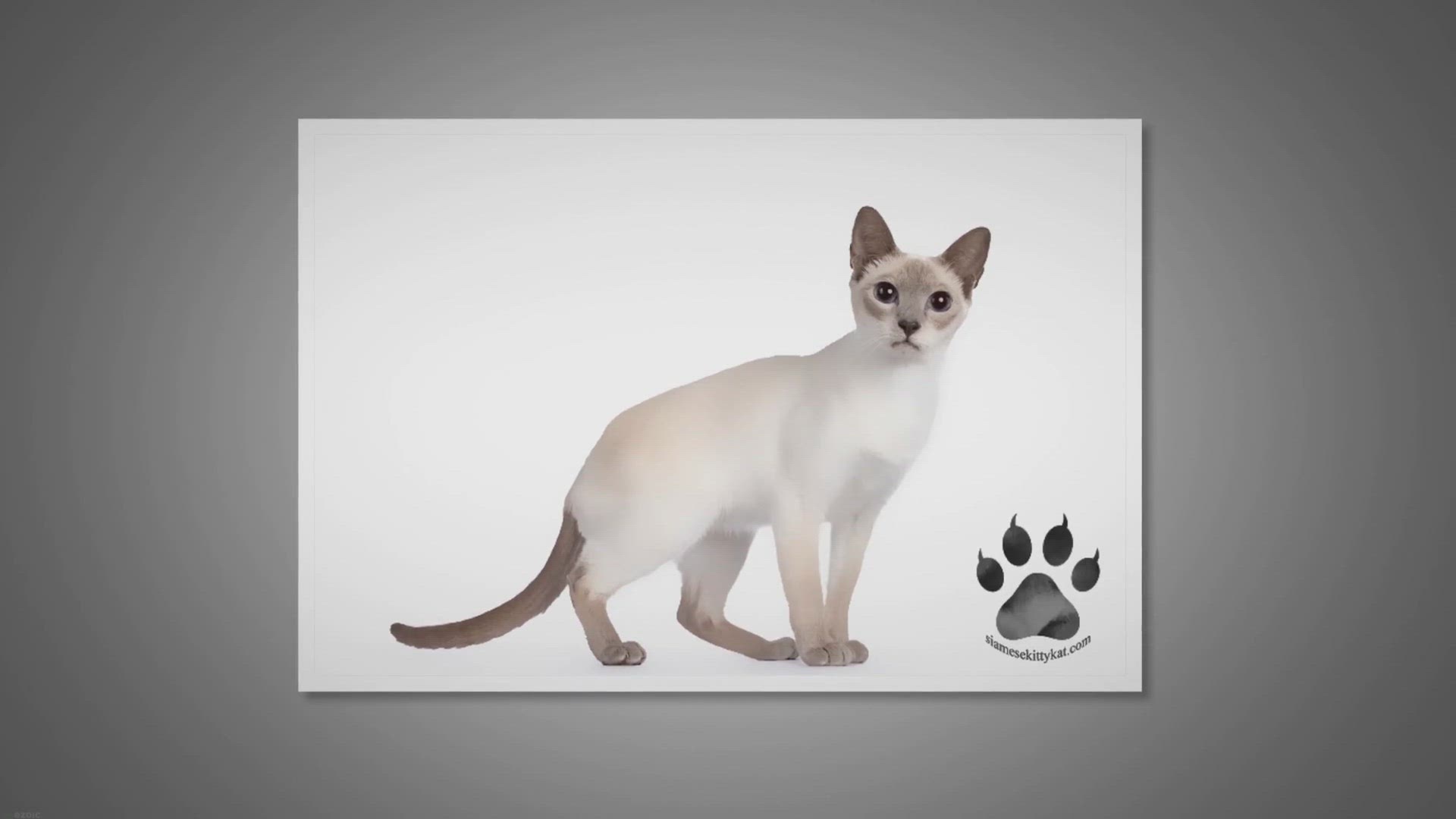
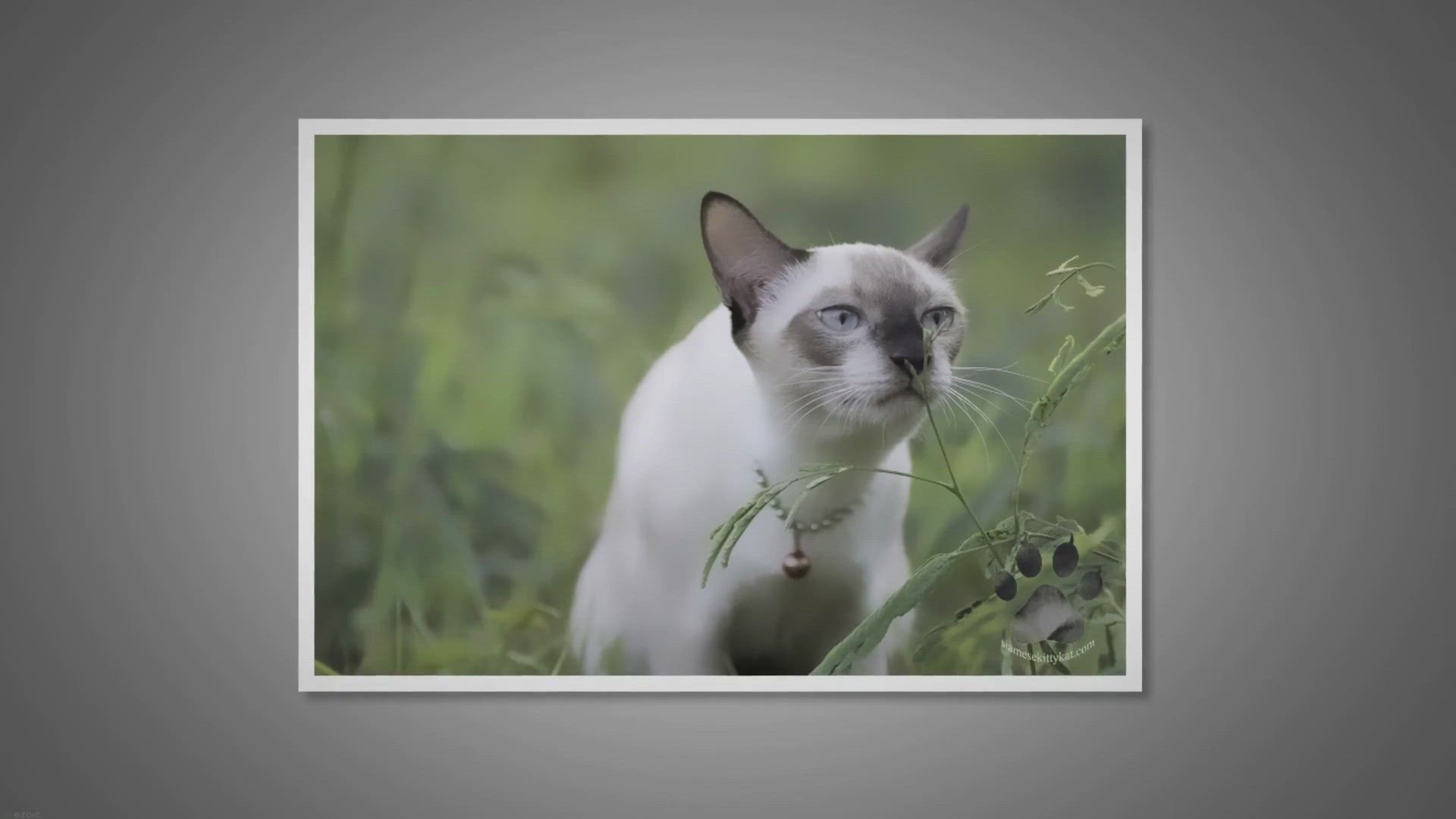
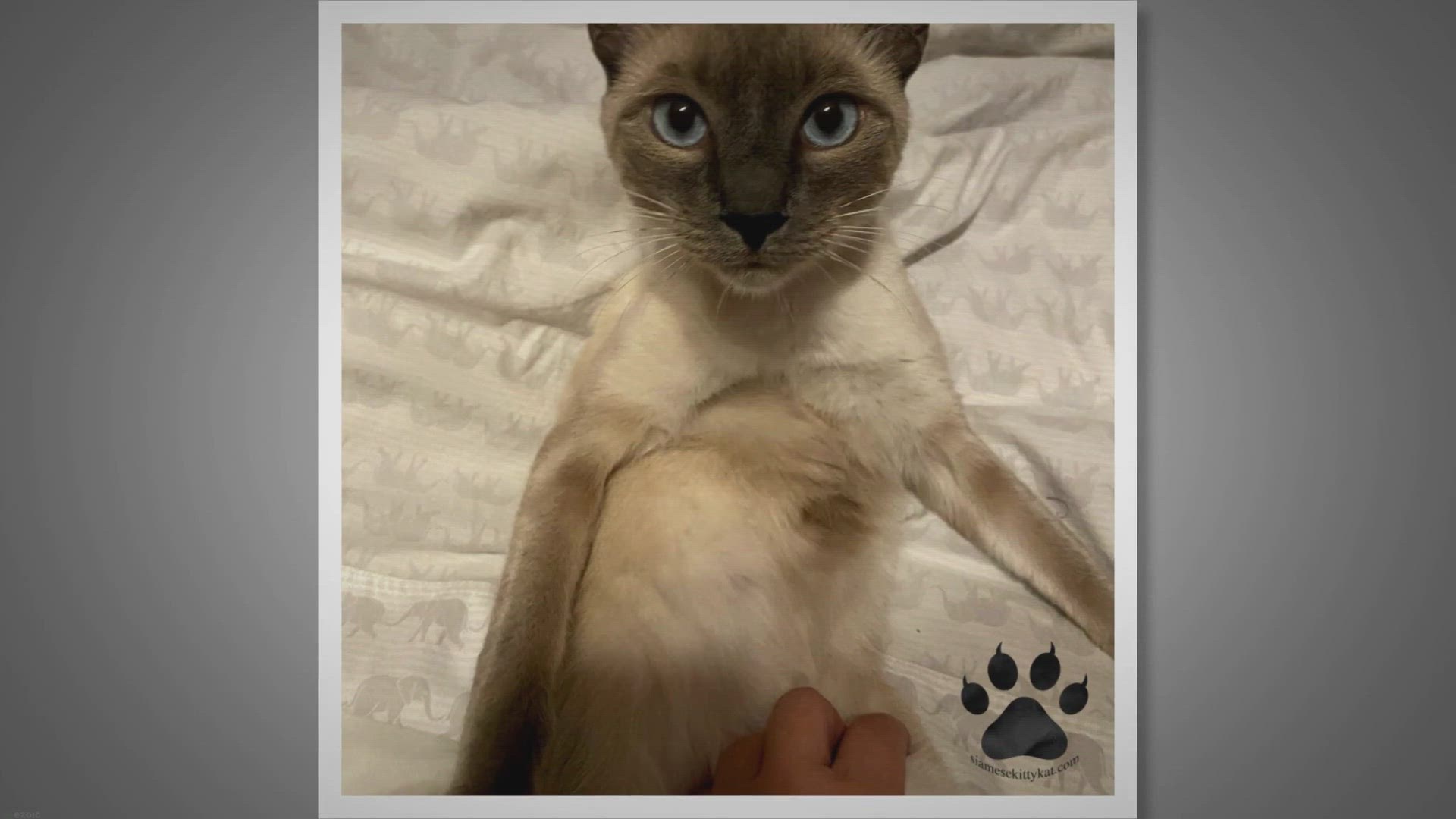
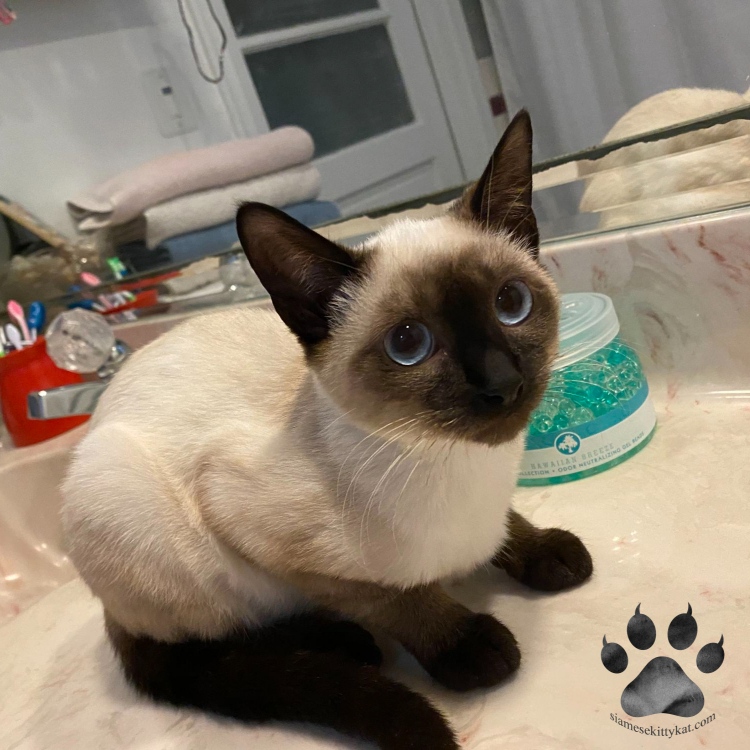
 Affiliate Link Notice
Affiliate Link Notice